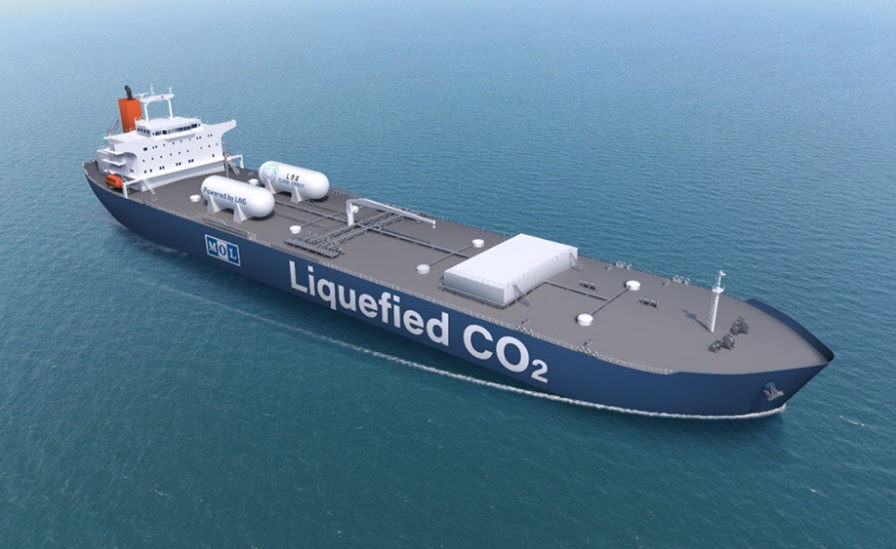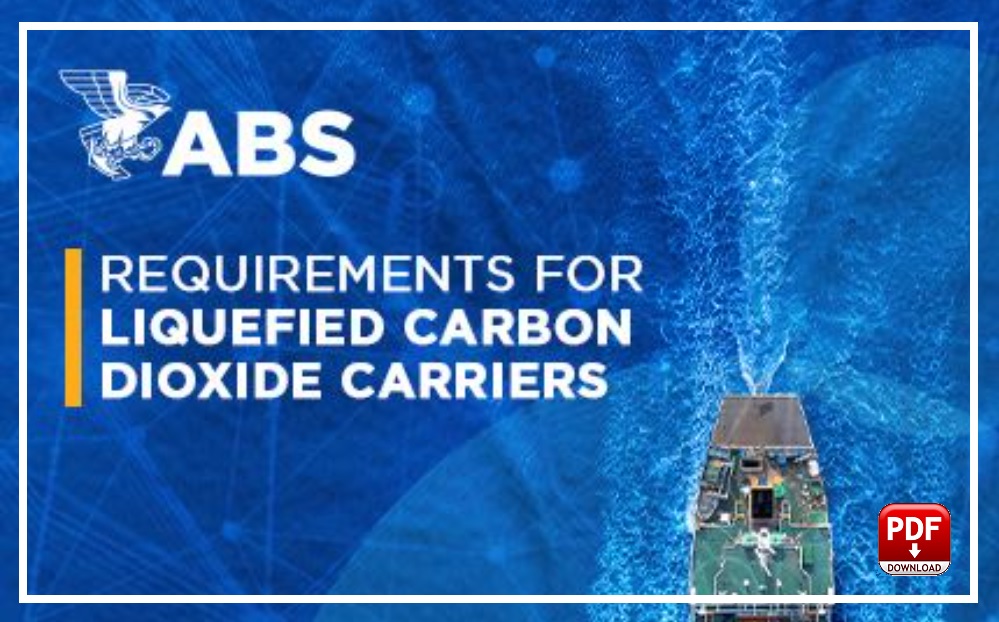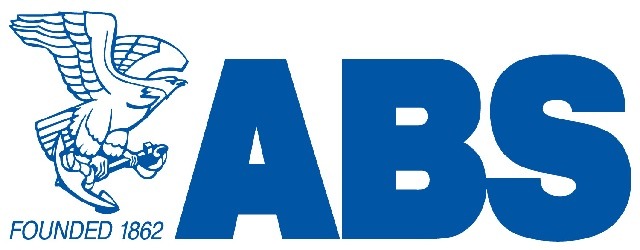
(www.MaritimeCyprus.com) ABS sets its sights on the vessels that will support the next step in the path of decarbonization with its latest publication: Requirements for Liquefied Carbon Dioxide Carriers.
This is the first publication available in the maritime industry dedicated to the design, construction, and classification of LCO2 carriers where liquefied CO2 is carried as cargo.
As more industries adopt carbon capture, utilization, and storage (CCUS) technologies as part of a decarbonization strategy, the amount of captured CO2 will be greater than today’s consumption. This excess CO2 needs to be transported both globally and/or locally for sequestration or various uses. Transporting captured CO2 over long distances will cause an increased demand for building dedicated liquefied CO2 (LCO2) carriers.

“The safe transportation of CO2 plays a vital role in the carbon value chain, and ABS is proud to use our expertise as the world’s leading classification society for gas carriers to support this sector of the global energy transition. Our new requirements provide much needed guidance to minimize risks to the crew, vessel and the environment,”
said Patrick Ryan, ABS Senior Vice President and Chief Technology Officer.
These requirements apply to steel vessels, regardless of their size, including those of less than 500 tons gross tonnage, engaged in carriage of liquefied carbon dioxide when carried in bulk in Type C tanks. This document applies to the cargo containment system and related systems.
Use of Low-flash point fuels This document applies to liquefied CO2 carriers covered by the IGC Code (5C-8 of the Marine Vessel Rules) with traditional fuels. Where liquefied CO2 carriers use low flash point fuels, the principles of 5C-8 of the Marine Vessel Rules associated with vessels using their cargo as fuel will apply for fuel handling and consumers.
The ABS Requirements for Liquefied Carbon Dioxide (LCO2) Carriers is available for download below:
Source: ABS
For more Maritime resources and Guides, click HERE















